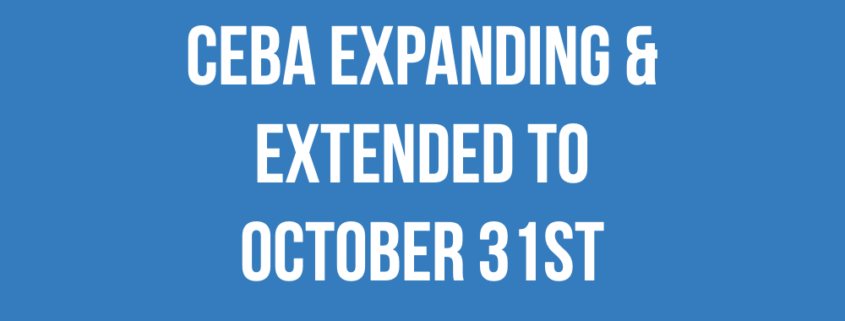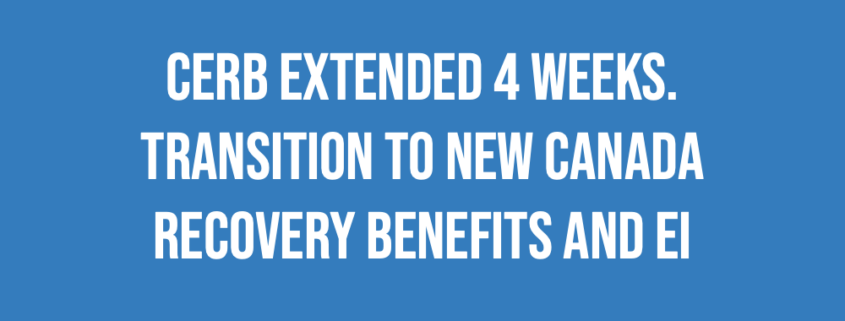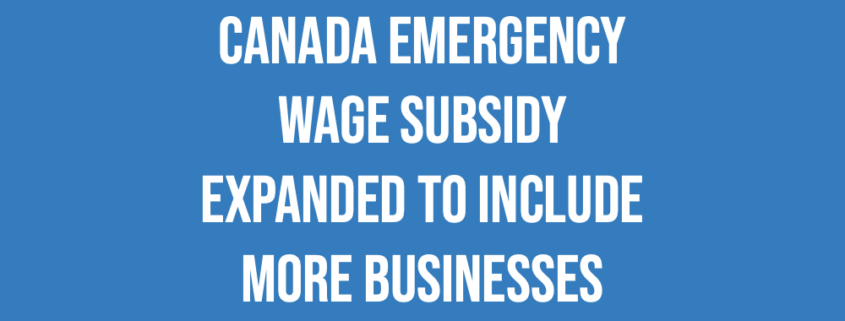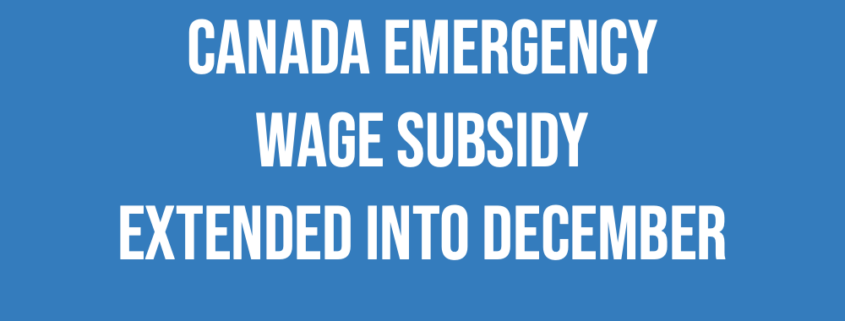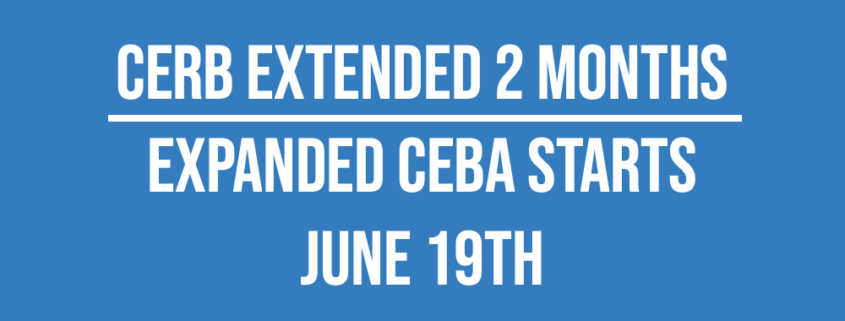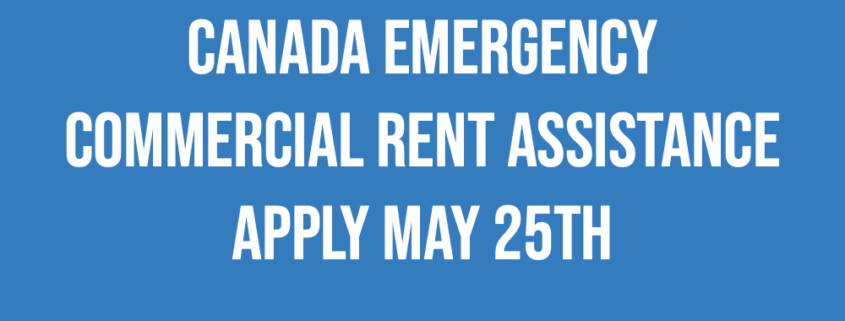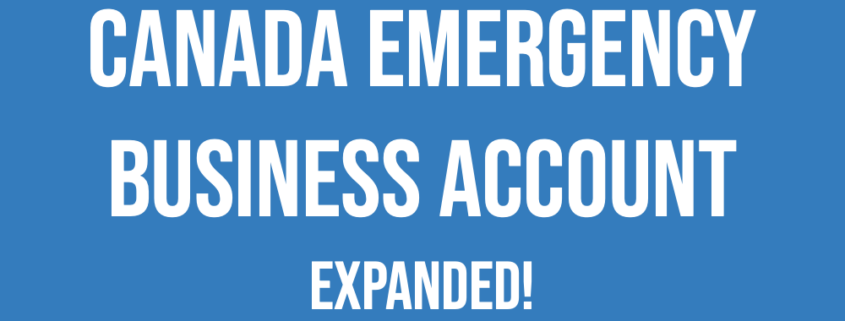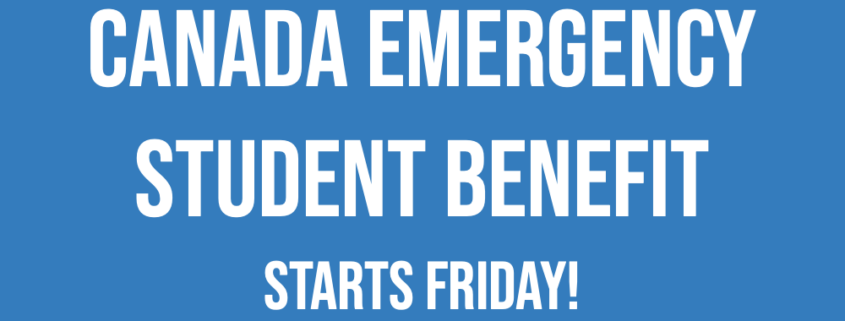During this stressful and challenging time, many are wondering what effect COVID-19 could have on their life insurance. Some may be worried that the insurance companies would make changes to their existing policy due to coronavirus concerns, resulting in an increase in their premiums or a restriction to their coverage. It should be reassuring to all that insurance companies are generally not able to change the contractual provisions of the insurance policies that are in force.
This does not mean, however, that future products will not be changed to protect the insurer against unforeseen events or that the insurance companies are doing business as usual. It is possible that they will make changes to their future products as a result of their experience with COVID-19 but these changes are not likely to be immediate.
Insurance companies rely on actuarial (mortality) tables to price their products. Once this pandemic is over and all the data is processed, there is a possibility (albeit slight) that actuarial tables might have to be amended which would necessitate an increase in premiums. This may take some time, but if you consider that the cost of life insurance is going up each year as you get older, one thing is certain, life insurance will cost more in the future. How much COVID-19, or other events yet to unfold could impact the pricing, is yet to be determined.
It may bring comfort to know that in Canada, life insurance companies are required by the Office of the Superintendent of Financial Institutions (OSFI) to run a pandemic scenario each year. It is assumed that pandemics will occur once every 100 years. Considering the last major global pandemic was the Spanish Flu ending in 1919, the modeling would appear to be accurate. As a result of the testing, life companies are adequately reserved for pandemics and since it is already built into the pricing, unlikely to increase premiums solely due to COVID-19.
The immediate challenge in obtaining new life, disability and critical illness protection will be in the area of underwriting – the process of assessing and approving the insured for coverage.
Life insurance companies prefer to deal with certainty
While COVID-19 might be like other viruses, it is new and unique. “We just don’t know” is how many medical professionals preface their reply to many questions about this virus. Some have suggested that even after recovering from COVID-19 there might be some delayed impact on your future health.
Going forward, insurance companies may amend some of the questions on their life applications dealing with medical history. This certainly might have a significant effect on disability insurance or critical illness applications. It is possible that we may see an increase in policies issued with exclusions as well as an increase in cost.
Applying for new coverage today
Life insurance companies require satisfactory medical evidence in order to issue a life policy at standard rates. This usually involves a paramedical exam and possibly a report from any doctor who has treated the applicant. The immediate problem is, with social distancing, it is now impossible to obtain paramedical examinations. The major providers of paramedical examination services have suspended the face to face examination. Also, there is no opportunity to obtain blood or urine tests on the proposed insured.
Fortunately, many life providers have recently increased the amounts of coverage that could be purchased without having to be examined or provide bodily fluids. The insurance company always reserves the right to ask for additional information and requirements, but for many applications, a telephone interview may be all that is necessary.
Changing the procedures that insurance companies have been following for decades to a format that accommodates no face to face interaction is taking time to implement. In the short term, this will increase the length of time necessary to have new coverage underwritten, settled and put in force.
Concerns with international travel
In today’s environment, if you are applying for life insurance and you have been out of the country within the past 30 days, your application will be postponed for a minimum of one month.
It is conceivable that you could be denied or postponed coverage if you plan on travelling to any of the hot spots in the next 12 months – these will likely include Italy, Spain and possibly parts of the United States. We just don’t know at this point how this will unfold. It is possible that foreign travel will likely be looked at very closely in the future.
What else could happen?
Possibly insurers could build into their future policies provisions that would protect them from unexpected or unusual losses. Hopefully, this will not happen, but at this point, nothing is certain.
A frequently asked question right now is – Should I buy my extra life insurance now or wait?
Many people are feeling more financially vulnerable right now and want to make sure they have adequate protection for their families. The bottom line is, if you have been considering increasing the amount of your life insurance coverage don’t let the immediate challenges stop you as I can assist you with the process.
Reach out to me if you have any questions. As always, please feel free to share this information with anyone you think would find it of interest.
Copyright @ 2020 FSB Content Marketing – All Rights Reserved

